Center for the Study of Alcohol Use Disorder & Traumatic Stress Research NYU Langone Health
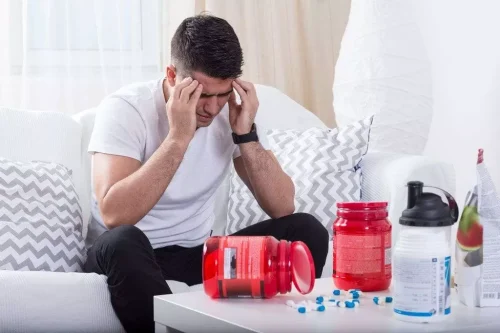
If you or a loved one is ready to overcome an alcohol addiction, https://ecosoberhouse.com/ reach out today. Treatment providers can connect you with programs that provide the tools to help you get and stay sober. Addiction to alcohol and PTSD (Post-Traumatic Stress Disorder) are very commonly present together as those who have experienced trauma often turn to alcohol to numb their pain. Yolanda Renteria, LPC, is a licensed therapist, somatic practitioner, national certified counselor, adjunct faculty professor, speaker specializing in the treatment of trauma and intergenerational trauma.
Treating PTSD and Alcohol Use Disorder: Concurrent Cognitive Processing Therapy and Psychopharmacology

23 percent of female veterans have experienced sexual assault while in combat and may turn to drinking to self-medicate as a short-term solution. Safety measures, cognitive tasks, and psychomotor functions are assessed weekly throughout the study. Researchers evaluate the number of drinks participants consume each day using the Time Line Follow Back methodology.
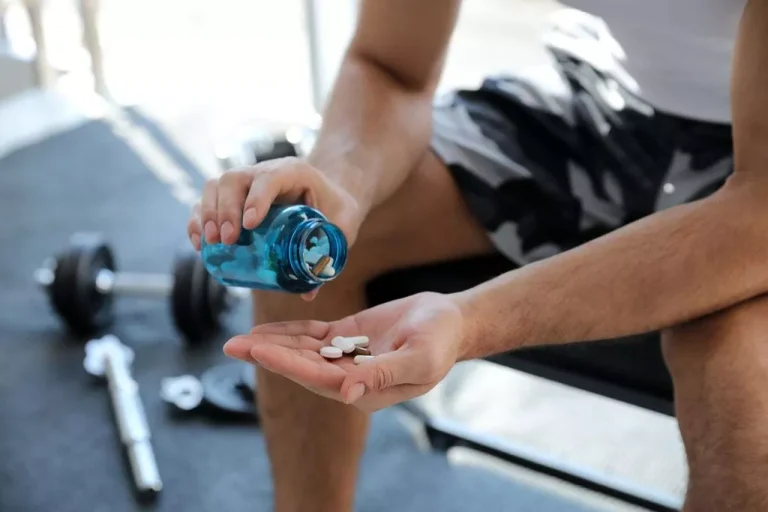
Alcohol Use Problems Can Lead to Trauma and Problems in Relationships
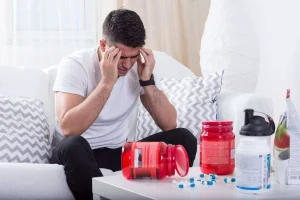
If you fear peer pressure might be overwhelming, it’s perfectly acceptable to decline invitations. As you progress in your alcohol-free or alcohol-reduced journey, you’ll find that navigating social situations becomes easier. Start by creating a list of your “whys.” Why do you want to change your relationship with alcohol? It’s a good practice to keep this list at the back of a notebook, allowing you to add to it over time. Initially, your “whys” might be rooted in the negative aspects of drinking – feeling low, disliking your behaviour when you drink, or financial concerns. However, as you make the adjustment to drinking less or going alcohol-free, you’ll notice a transformation in your “whys.” You’ll find yourself sleeping better, feeling more in control, and experiencing a deep sense of pride in your journey.
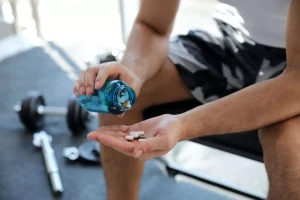
Q: What’s the rating for PTSD with alcohol abuse?
- The valuable hints and tips that follow are a result of our partnership with SoberBuzz, aimed at empowering you on your path to well-being.
- Our researchers study treatments that may address both conditions at once, with the anticipation that this approach is likely more effective than treating each disorder separately.
- If you went through a traumatic event and have symptoms for more than three months, you may have PTSD.
- Medication is available to assist with PTSD symptoms that can cause setbacks like intrusive nightmares.
These interventions are flexible and can be applied in individual or group therapy formats. Greater attention to members of our society who disproportionately bear the burden of trauma exposure, PTSD and comorbid AUD is warranted. As discussed in the papers presented in this virtual issue, this includes members of racial and ethnic communities as well as military service members and veterans. Data from the Werner et al., (2017) paper suggest that the existing etiological models of AUD development, as well as risk and protective factors, ptsd and alcohol abuse may be different based on racial/ethnic background.
- The Brief Addiction Monitor (BAM) is a questionnaire that assesses alcohol and substance use, risk factors, and protective factors with 7- and 30-day versions (30).
- Finally, two studies in this virtual issue focus on military personnel and veterans.
- Caregivers should prioritize their mental health by seeking support from friends, family, or counselors and setting boundaries to prevent burnout.
Recognizing the Signs of Alcohol Abuse in Individuals with PTSD
It forms the foundation of your new and exciting lifestyle choice, reinforcing your resolve and inspiring you to keep moving forward. The mission at SoberBuzz is to empower you to step into the exciting opportunity of reconnecting with your true self. Along this transformative path, you will acquire essential life skills and tools to effectively manage your emotions and confront life’s challenges without relying on alcohol as a crutch. It can be a way to unwind after a long day, celebrate special occasions, or simply enjoy the company of friends and loved ones. However, beneath the surface of what might seem like harmless social drinking lies a complex web of behaviours and consequences that can lead to Alcohol Usage Disorder (AUD). We’re here 24/7 to help guide you or your loved on through rehab and recovery.
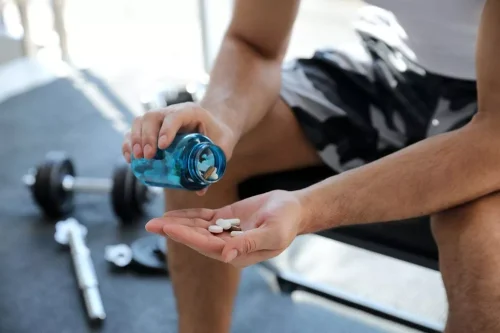
Concurrent trauma-focused therapy and AUD treatment can serve to establish more adaptive coping strategies. This case presents concurrent psychopharmacology and cognitive processing therapy for co-occurring posttraumatic stress disorder and AUD. We explore how alcohol use, and emotional avoidance more broadly, become targets for change. According to statistics, men are exposed to a higher number of traumatic events than women, such as combat threats and life-threatening accidents and also consume more alcohol than women. Women, however, are twice as likely to develop PTSD and are 2.4 times more likely to struggle with alcoholism as a result.
- CPTSD is a subtype of PTSD that develops in response to prolonged, repeated traumatic experiences, typically lasting months or years.
- This creates a harmful cycle where alcohol is used to escape the trauma, but it ends up making the symptoms even worse.
- PTSD is a disruptive condition, making it challenging or impossible to live normally.
- Following trauma or series of traumatic events, social support, and immediate intervention can reduce the likelihood and severity that an individual will develop trauma symptoms.
Embarking on a journey to cut down or go alcohol-free is a significant step towards a healthier, happier life. To help you along this empowering path, it’s essential to get clear on your reasons for making this positive decision. Call now to connect with a treatment provider and start your recovery journey. For this reason, alcohol use problems often must be part of the PTSD treatment. If you have PTSD, plus you have, or have had, a problem with alcohol, try to find a therapist who has experience treating both issues. If you have a drinking problem, you are more likely than others with a similar background to go through a traumatic event.

